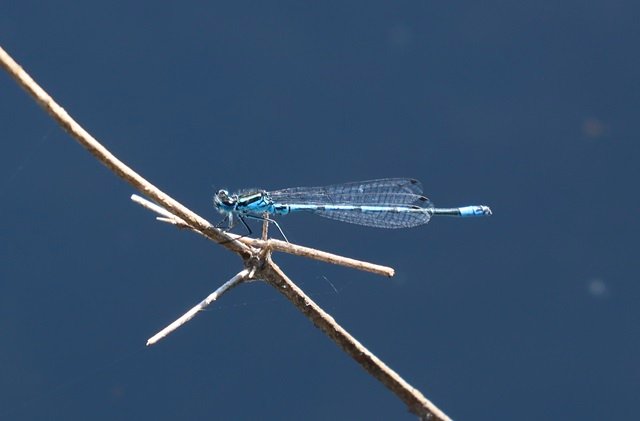Contents
Unveiling the Secrets of the Hidden World: New Research Reveals Critical Gaps in Insect Biodiversity Study
Scientists have long been concerned about the alarming decline of insect populations, but a new study published in Science reveals significant gaps in our understanding of global insect biodiversity, emphasizing the need for a multidisciplinary approach to monitor and protect these vital species.
Lead:
A groundbreaking study led by the UK Centre for Ecology & Hydrology (UKCEH) and the Zoological Society of London (ZSL) has sparked a global conversation about the urgent need to bridge the knowledge gap in understanding insect biodiversity. Published in the renowned journal Science, the research demands a novel approach to monitor and safeguard the most diverse group of animal life on Earth, which provides essential pollination, nutrient recycling, and food web support.
The Ignored Majority: The Forgotten Insects
While insects dominate ecosystems and agriculture, our current understanding of their populations is woefully inadequate. The International Union for Conservation of Nature (IUCN) has assessed only 12,100 insect species, with approximately 20% classified as threatened. Most existing monitoring focuses on popular species in Europe and North America, leaving vast knowledge gaps, particularly in Africa and South America. This lack of information hinders the ability to make informed decisions about conservation efforts.
The Myth of a Decline
Researchers Professor Iwan Jones and Dr. John Murphy of Queen Mary University of London highlight that while insect declines have garnered attention, the actual state of global insect biodiversity remains unclear due to the complexity of insect life histories and significant data limitations. In an effort to bridge this knowledge gap, the study proposes a comprehensive framework that combines multiple research approaches:
• Long-term Abundance Trends Analysis: This approach focuses on analyzing long-term changes in insect populations to identify broader patterns and trends.
• Inter-habitat and Inter-regional Comparisons: This method involves comparing insect data and trends from diverse habitats and regions to capture the breadth of insect diversity and detect potential hotspots of decline.
• Threat Response Experiments: To better understand how insects respond to various threats, experiments will be conducted in controlled environments.
• Documenting Expert Knowledge: By gathering input from entomologists and ecologists, the research aims to fill evidence gaps and inform conservation efforts.
The Urgency of Action
Dr. Rob Cooke, the UKCEH’s expert in ecological modeling, emphasizes that the challenge is akin to a jigsaw puzzle with thousands of missing pieces. The researchers indicate that decades are not a luxury they can afford, as the need for immediate action to protect insect biodiversity becomes increasingly pressing.
The Importance of Insects in Ecosystems
Dr. Charlotte Outhwaite of the Zoological Society of London highlights that insects play a vital role in pollinating approximately 80% of flowering plant species and support 35% of global food production. However, their value is often underestimated and understudied.
A Multidisciplinary Approach
The research is part of the Natural Environment Research Council (NERC)-funded Global Insect Threat-Response Synthesis (GLiTRS) project, which brings together experts from the UKCEH, the Natural History Museum, University College London, the Zoological Society of London, the University of Cambridge, and the University of Stellenbosch to develop strategies for protecting insect biodiversity.
Conclusion: The Road to Conservation
The research presents a clarion call for pushing the boundaries of insect conservation. With the interconnectivity of human and insect worlds becoming increasingly evident, the conservation of these species assumes a critical importance. By closing the gaps in our knowledge, we can safeguard not only insect populations but also the ecosystems they inhabit.
Keywords: insect biodiversity, insect population decline, scientific research, ecosystem conservation, global biodiversity, pollution, habitat loss.
Hashtags: #insectconservation #biodiversity #ecosystemhealth #conservationbiology #environmentalresearch #ecologicalstudies #pollination #foodsecurity #insectecology.




